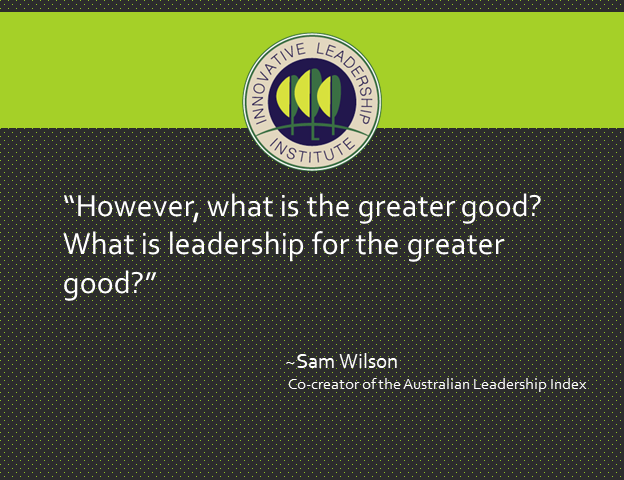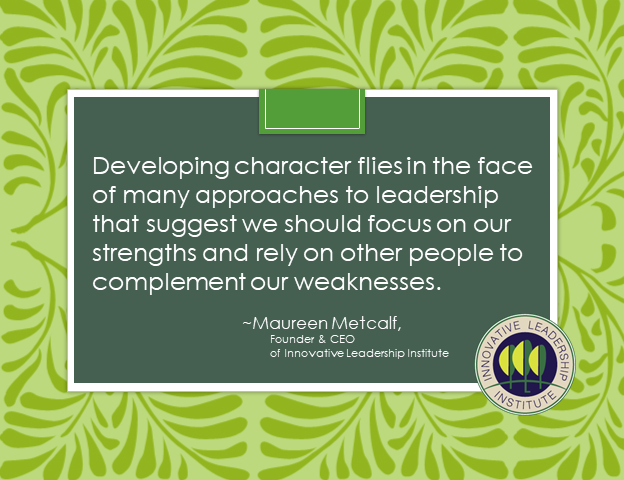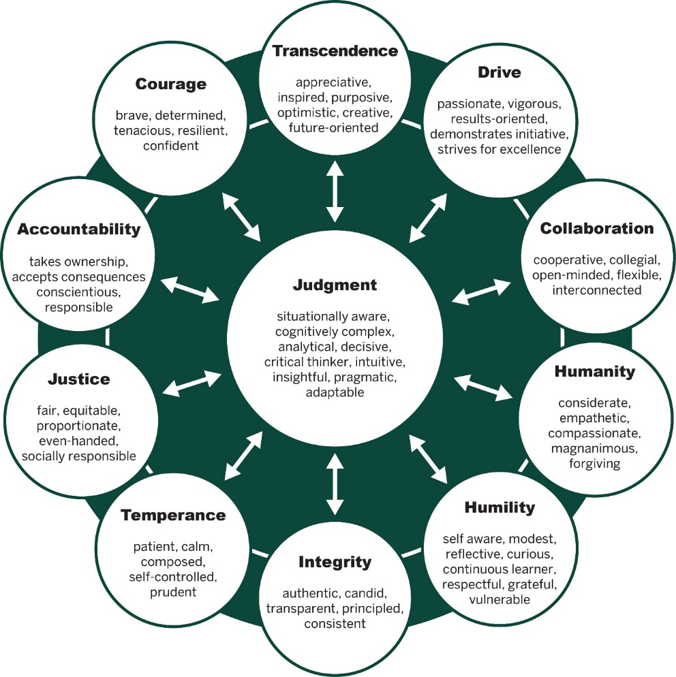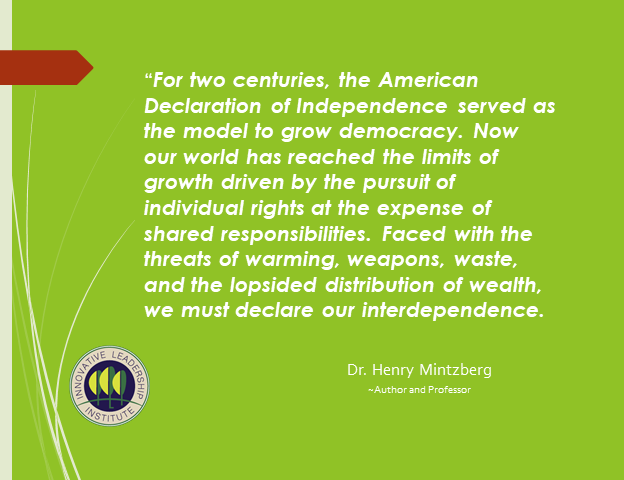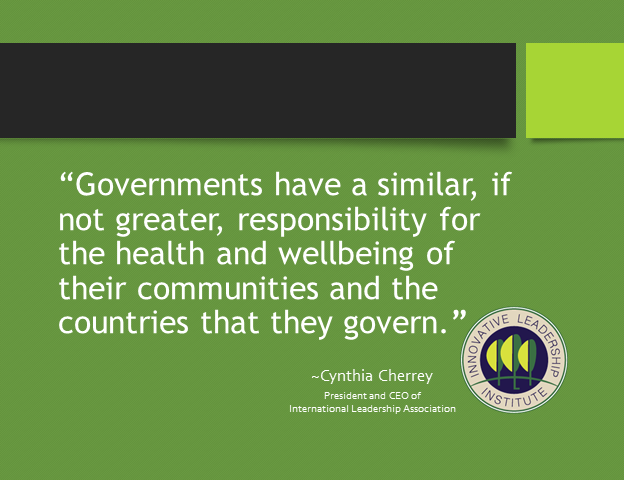Courageous Leadership in Your Sphere of Influence
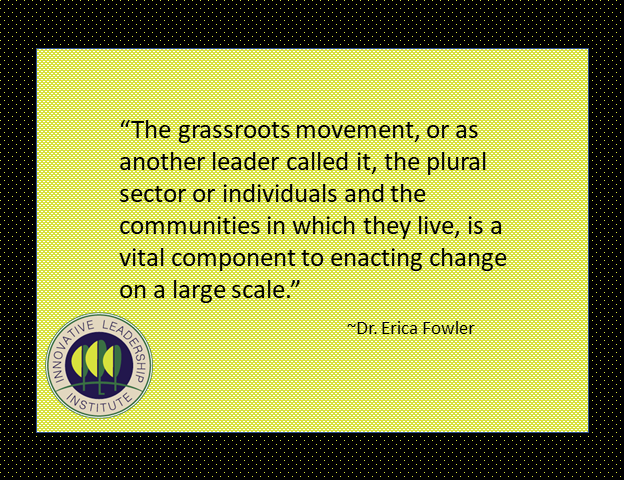 This blog is provided by Erica Fowler. It is a companion to the podcast with Mike Gerbis, Courageous Leadership Is Required to Address Global Issues.
This blog is provided by Erica Fowler. It is a companion to the podcast with Mike Gerbis, Courageous Leadership Is Required to Address Global Issues.
The International Leadership Association (ILA) held its global conference in Ottawa, Canada, in 2019 with the theme’ Leadership, Courage Required‘. Maureen Metcalf, ILA fellow, hosted a series of live-recorded interviews with global leadership experts to explore their research, best practices, and expert view of the complex issues facing us today. Mike Gerbis is one of those leaders – a change management professional and expert in replacing conventional commercial processes with sustainable ones. In this interview, he discusses approaches with which he has found success in his career and how they can be applied to global social justice campaigns to impact meaningful change.
Change is hard. And making significant changes can feel so impossible that it may not seem worth trying. We often think that courageous leadership means an influential leader with a wide-reaching voice and an army of boots on the ground to implement a plan. While Mike observed that one type of leadership does come from the top down, it is not the only type of leadership needed. The grassroots movement, or as another leader called it, the plural sector or individuals and the communities in which they live, is a vital component to enacting change on a large scale. It comes down to the small changes each individual can make within their lives, or as Mike says, their sphere of influence.
His message resonated strongly with me and the season of life I have recently entered – graduate school firmly behind me, entrenched in my career, and preparing to start a family. Similarly, my peers are working to advance their careers and raise families, sometimes both at once. We often find it hard to get through the day in one piece, much less change the world.
Mike provided strategies for those who feel too busy to get involved in bigger community efforts or find the prospect of such efforts overwhelming. These small actions, taken together, can add up to a formidable force of change.
- Be authentic. Find a cause you are passionate about and lean into it, whether it’s eradicating childhood poverty, combating climate change, or simply composting for your garden. Your investment in the cause matters most.
- Share your privilege. Open doors for others who don’t have the same opportunities. Mike shared a story of a woman who attended an event he helped organize. She was the only woman of color with an indigenous background in attendance, and Mike had not noticed. Realizing an opportunity, he asked for her guidance and subsequently set diversity targets for future events, like making sure speakers were half male and half female. You may not be organizing global forums, but you could volunteer in your community to open doors for those less fortunate or foster mentoring relationships with students entering the workforce.
- Embrace diversity through listening and communication. In pursuing our passions and with modern communication at our fingertips, it can be easy to insulate ourselves in a bubble that lacks diversity. Surrounding yourself with likeminded people can be a pleasant escape from the current political climate, but you might be missing important information. Listen openly to people that have different views. Learn something and then teach them something in return. A respectful exchange and new perspective on one another’s beliefs can go a long way in moving us forward.
Young professionals juggling careers and parenting young children may feel their sphere of influence extends no further than the four walls of their own home – and even that might be stretching it! In reality, that sphere will expand considerably as new seasons of life come and go.
Mike notes that one of the most significant contributions that we can make to society is to raise our children to be responsible citizens and consumers. And if you do not have children, this same concept can be applied to anyone that looks to you for guidance, whether or not you know it!
Courageous leadership can take on a variety of forms, but the building blocks are consistent at any level. Teach others with your language and your actions to be authentic, share their privilege with others, and embrace diversity through communication and active listening.
About the Author
Erica N. Fowler, Ph.D., is a strategy and analytics professional with a profound interest in developing data-driven solutions to improve health and business outcomes. She studied Public Health specializing in social epidemiology at The Ohio State University and holds ten years’ experience melding industry experience with academic discipline. Her experience includes analytics product development, measurement strategy, database operations, business intelligence analytics, and statistical modeling.
Dr. Fowler’s passion is professional development consulting as a certified Birkman Method consultant. She uses the Birkman Method, enhanced by her analytic skillset, to develop individual and group programs that foster emotional intelligence to improve communication skills and productive teamwork.
Her day job is Product Manager for the Applied Data Science and Omnichannel Experience teams at Syneos Health, the first end-to-end integrated pharmaceutical solutions organization. She serves as a contributing faculty member to the Health Education & Promotion program at Walden University, where she oversees the dissertation process for doctoral students. In her spare time, Dr. Fowler enjoys traveling the world, yoga, reading, and spending time with her family.

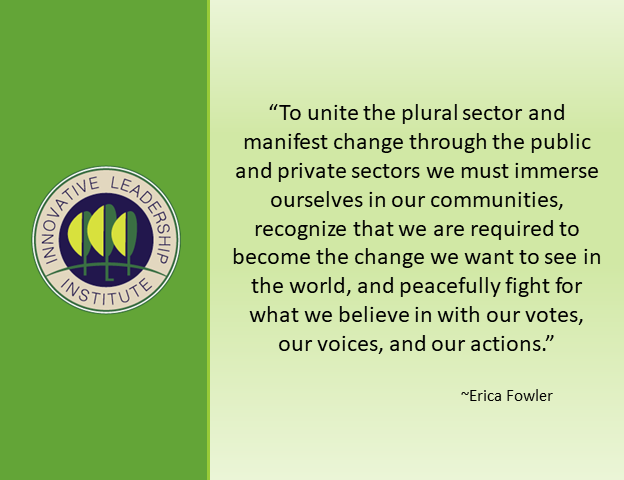
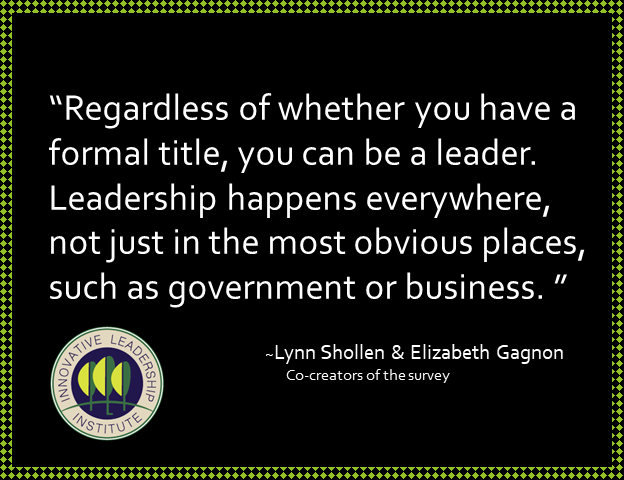 This blog is provided by Lynn Shollen and Elizabeth Gagnon of Christopher Newport University in Newport News, Virginia. It is a description of the top-line findings of a survey about leadership that they conducted last year. You can read much more about the project
This blog is provided by Lynn Shollen and Elizabeth Gagnon of Christopher Newport University in Newport News, Virginia. It is a description of the top-line findings of a survey about leadership that they conducted last year. You can read much more about the project 